This year, the National Bank of Hungary (MNB), the central bank, has organized the Lamfalussy Conference for the tenth time. At the beginning of his speech, outgoing central bank governor Gyorgy Matolcsy emphasized that the Lamfalussy program pays tribute to Sandor Lamfalussy, who is considered the father of the euro currency, and is of Hungarian origin. Furthermore, at the conference the MNB is also celebrating its 100th birthday this year, the economic daily Vilaggazdasag reported.
Matolcsy highlighted that
the euro has brought the region's countries, economies, and societies closer together, made the global economy more predictable, and balanced market fluctuations in an era full of uncertainties. The creation of the euro thus provided immense help not only to the region but to the entire global economy.
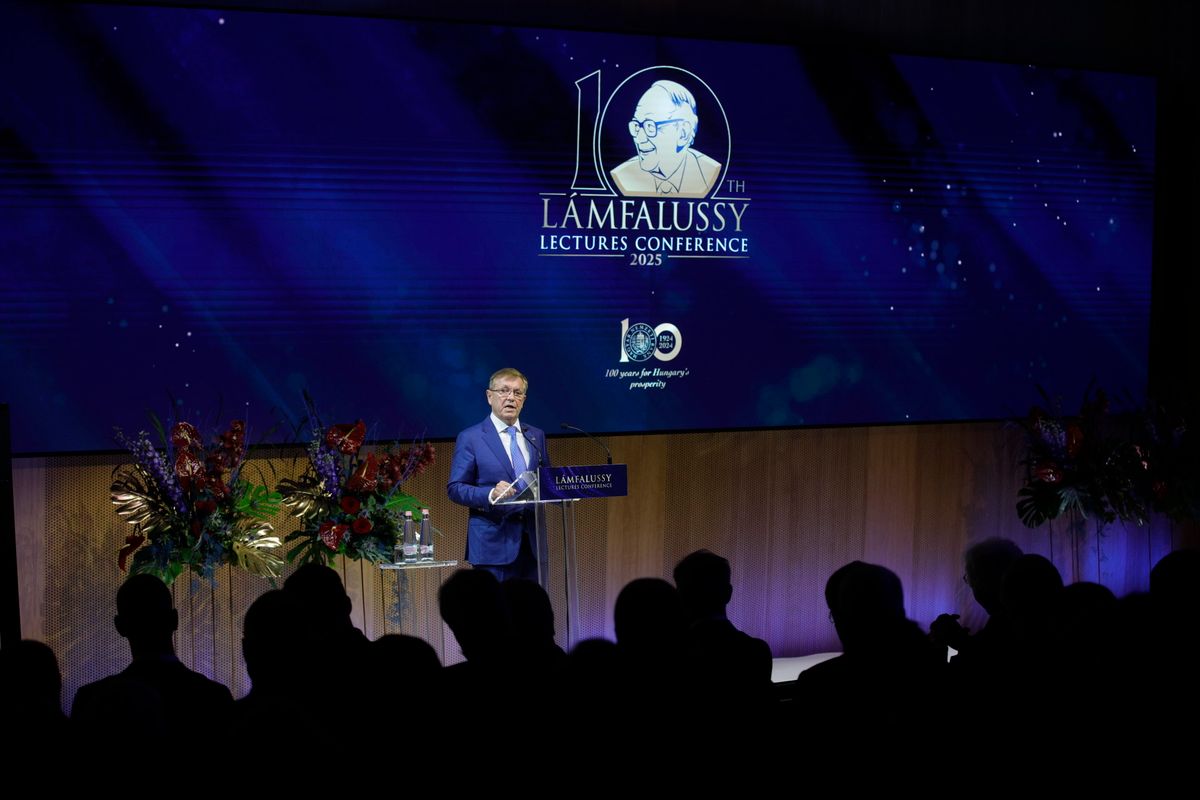
Christine Lagarde, president of the European Central Bank (ECB), emphasized in her acceptance speech for the Lamfalussy Prize that the role of the euro in the fight against inflation cannot be disputed today, and the efforts of Sandor Lamfalussy and his colleagues will not go without thanks today. She said that although central banks sacrificed some of their freedom by centralizing monetary policy, they also made their economies more secure and predictable, and this trust plays a crucial role in the operation of economies today.
Central bank independence is not necessarily obsolete
However, Lagarde stressed that this does not mean central bank independence is necessarily obsolete. Emerging economies still owe much to having their own monetary policies, which can stimulate or cool their economies as needed. Nonetheless, a new concern is arising: recent data show that 10 percent of central banks globally have faced political pressure, even when they were legally independent.
In her speech, Lagarde emphasized that the biggest question of our time is whether national central banks can remain independent in such a volatile macroeconomic environment as today.
In dealing with recent inflationary shocks, central banks acted swiftly and forcefully in order to preserve price stability, and this was necessary in order to avoid the emergence of deeper economic problems – even if this meant curbing growth.
Reliable and credible monetary policy is critical for attracting international capital and ensuring stable economic growth. Therefore, protecting central banks from political influence will be a key priority in the coming years, both legally and practically.
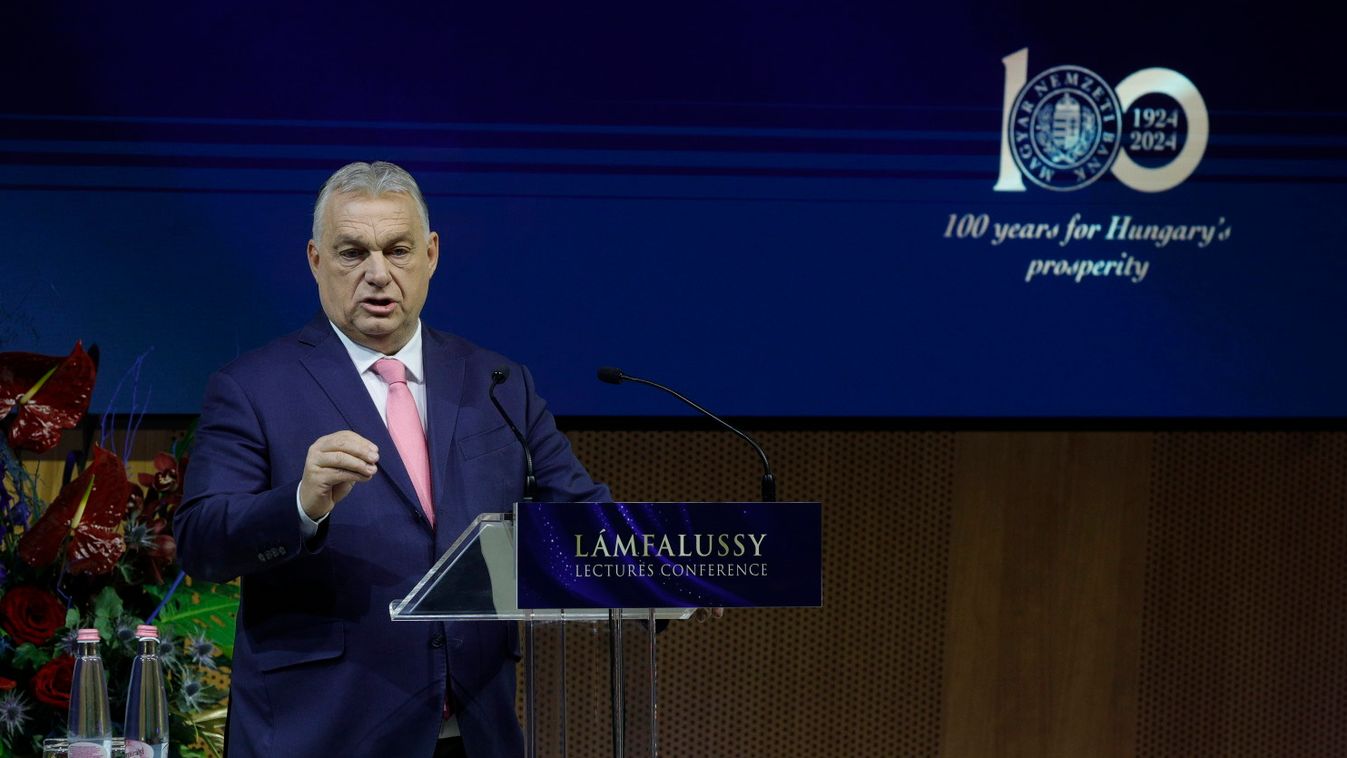
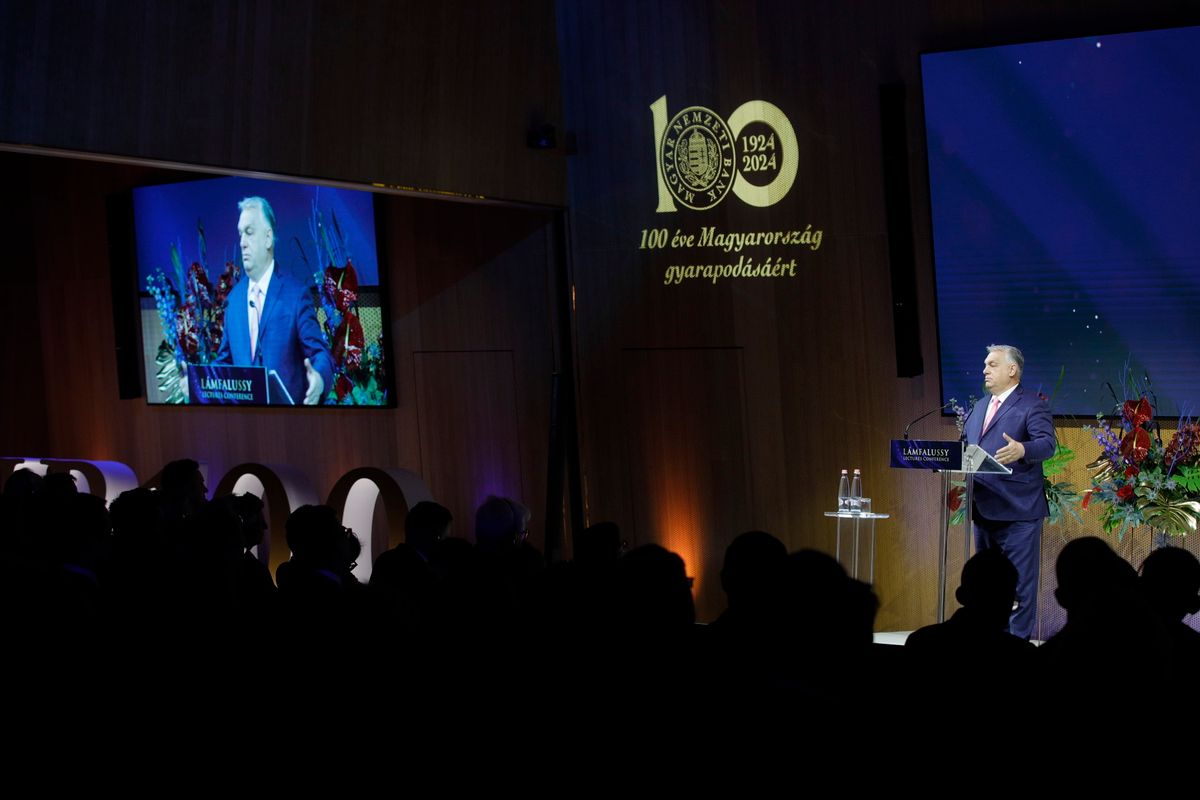



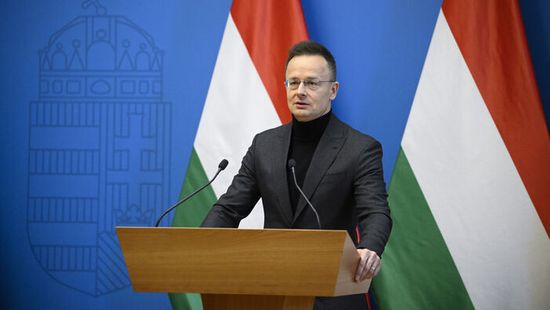










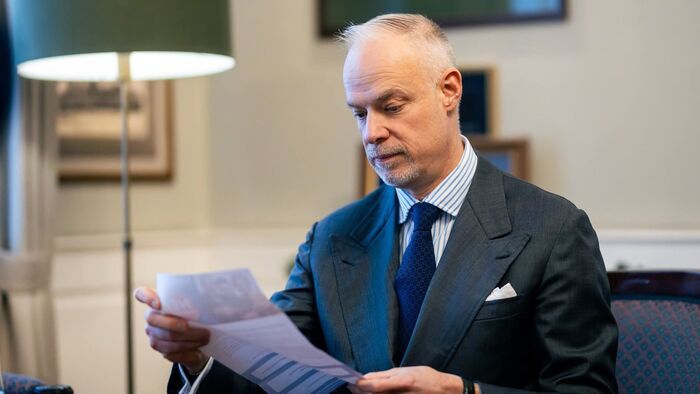







Szóljon hozzá!
Jelenleg csak a hozzászólások egy kis részét látja. Hozzászóláshoz és a további kommentek megtekintéséhez lépjen be, vagy regisztráljon!